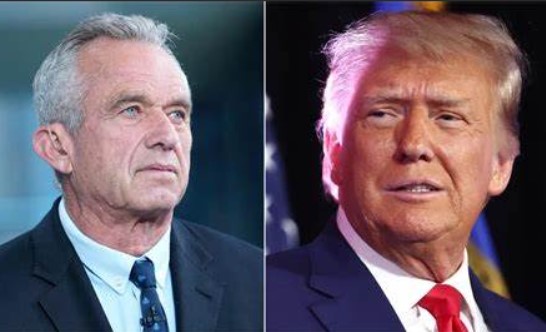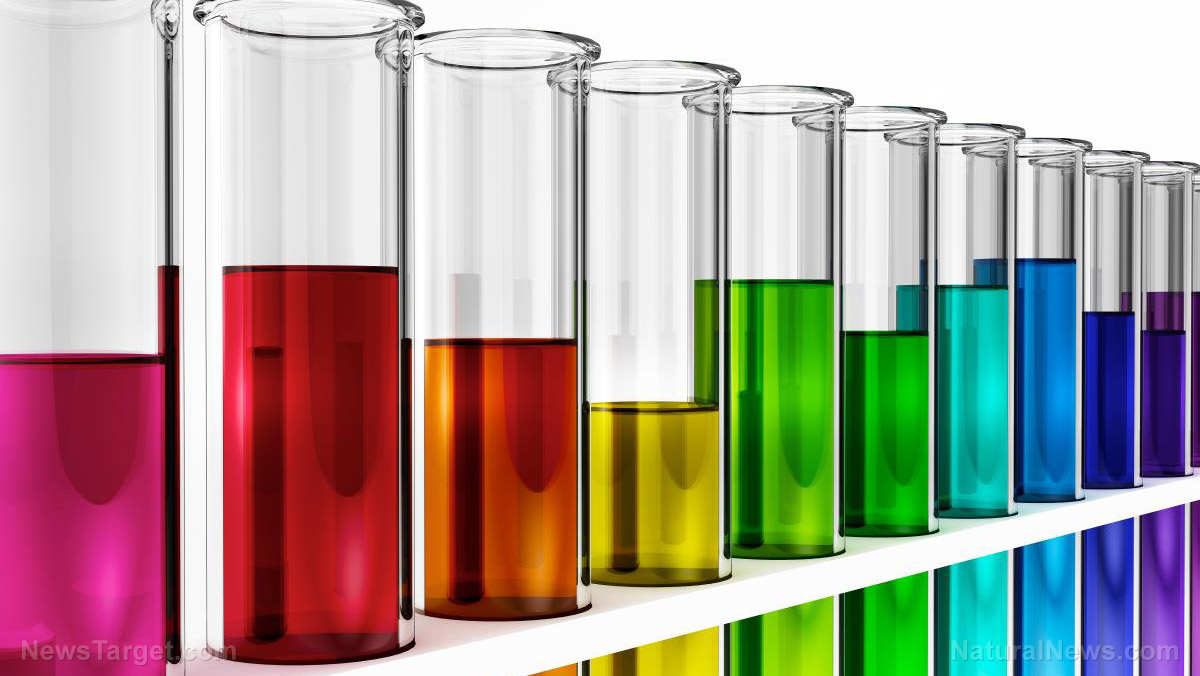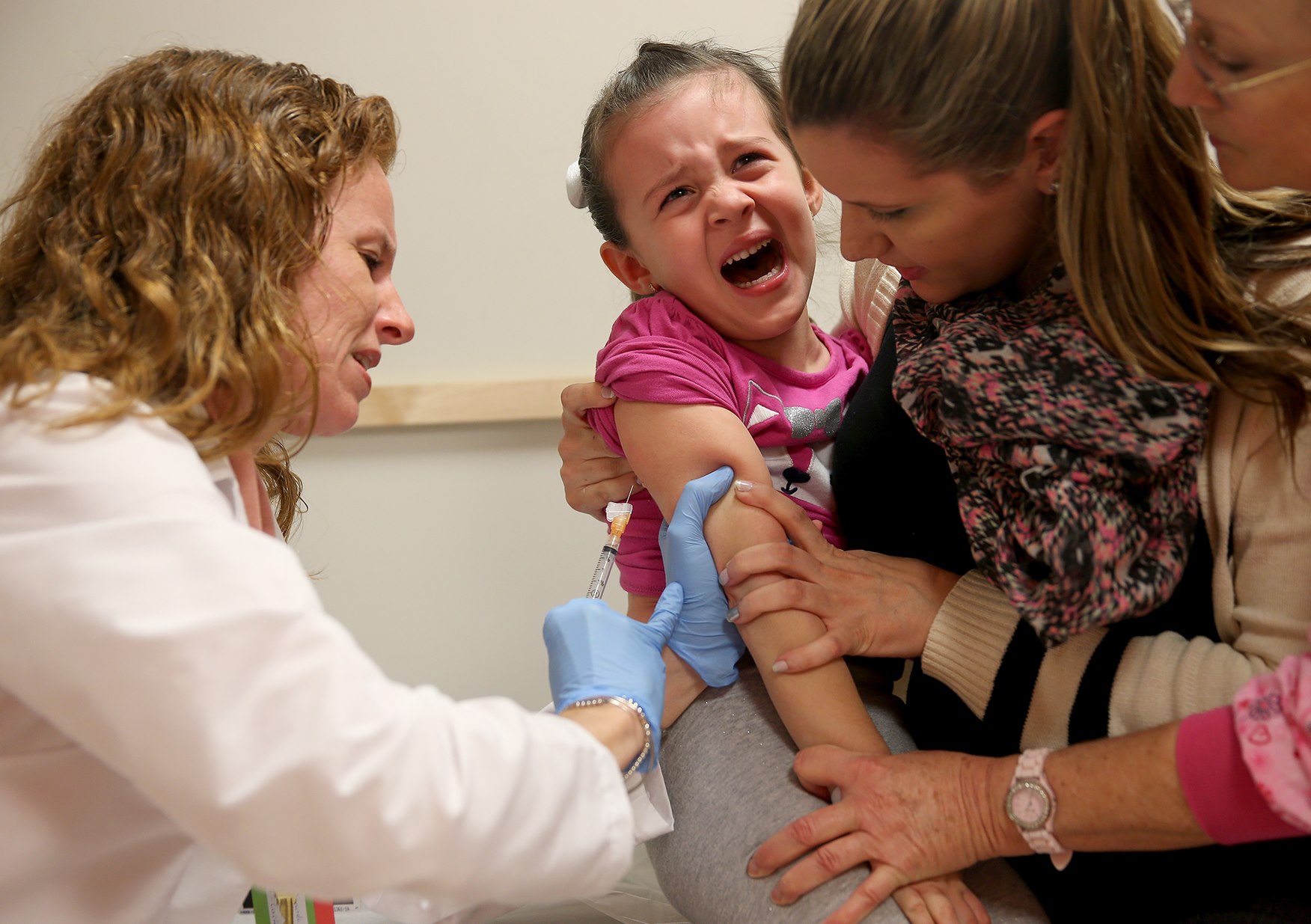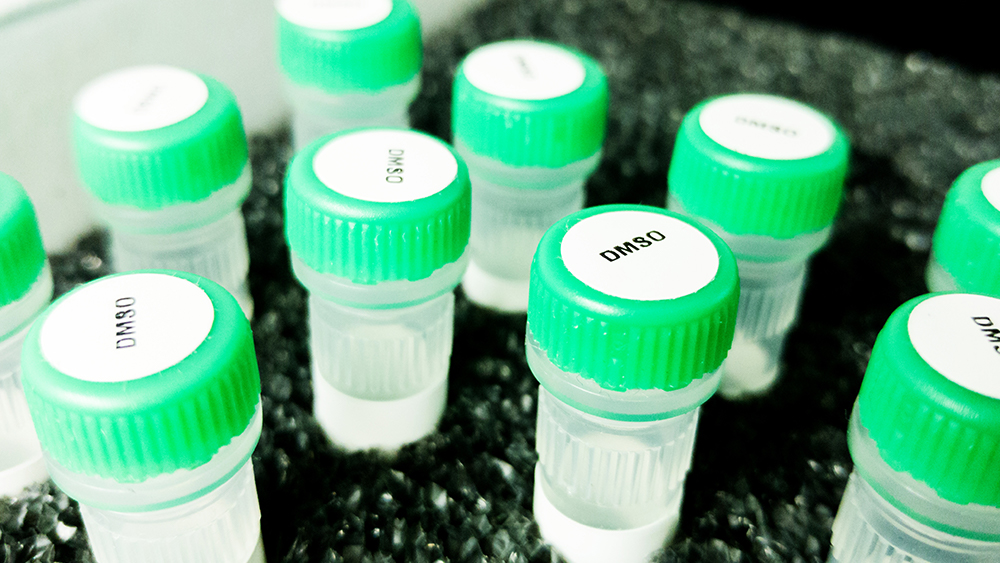 Parler
Parler Gab
Gab
- HHS Secretary Robert F. Kennedy Jr. announces new studies to identify environmental toxins causing autism.
- Kennedy says that "epidemic denial" is pervasive across the professional medical and science fields, as brain damage goes ignored.
- CDC data shows a significant rise in childhood autism rates, now at one in 31.
- Kennedy pledges to complete the research by September 2025.
- New evidence on autism and vaccines may influence public health policies, changing modern medicine's approach to immunization.
A call for comprehensive research
Kennedy's announcement is a direct challenge to the prevailing narrative that the rise in autism rates is primarily due to improved diagnostic criteria and greater awareness. He argues that the absence of similar rates in older populations is a clear indication that environmental factors are at play. "If autism, if the epidemic is an artifact, a better diagnostic criteria or better recognition, then why are we not seeing it in older people? Why is this only happening in young people?" he questioned. "You can't find these people walking around the mall. They're not in homes. There are no homes for them. There are no institutions for them. This is coming from an environmental toxin." The HHS Secretary is not alone in his concerns. Parents and advocates have long hypothesized that environmental factors, particularly vaccines containing thimerosal and aluminum, could be contributing to the rise in autism cases. Kennedy's commitment to a "thorough and comprehensive" approach to identifying these toxins is a significant step forward in addressing the epidemic and halting brain damage in children. Aluminum from vaccines has long been suspect, and there's plenty of underlying research to suggest it causes brain damage. For instance, studies such as "Aluminum exposure induces central nervous system impairment via activating NLRP3-medicated pyroptosis pathway" show evidence of brain damage.Potential impact on public health policies
The implications of these studies are far-reaching. If Kennedy's team identifies specific environmental toxins linked to autism, it could lead to sweeping changes in public health policies, including stricter regulations on the use of these substances in consumer products, medications, and environmental practices. This could also spark a broader debate on the safety and necessity of certain vaccines, and other medications that are often taken after vaccination - like Tylenol and antibiotics - a topic that has been highly contentious in recent years. Kennedy's controversial views on vaccines have made him a polarizing figure, but his appointment to the HHS and his commitment to data-driven decision-making have given many hope that the government is finally taking the autism epidemic seriously. "We’re going to get back to an answer to the American people very, very quickly," he promised. Kennedy's announcement is a call to action for the scientific community, policymakers, and the public. The success of these studies depends on the integrity and transparency of the research process. Kennedy has pledged to ensure that the studies are conducted with the highest standards of scientific rigor, free from industry influence and bias. As the research progresses, Kennedy urges the public to remain vigilant and engaged. "It's to their benefit to normalize it, to say, oh, this is all normal, it's always been here. But that's not good for our country, and it's not good for the press to not be more inquisitive, to not be more skeptical," he said. conclusion The announcement of these new studies marks a pivotal moment in the fight against the autism epidemic. By focusing on environmental toxins and promising a thorough and comprehensive approach, HHS Secretary Robert F. Kennedy Jr. is taking a significant step toward uncovering the truth and finding solutions. The coming months will be crucial, and the results of these studies could have far-reaching implications for public health and the well-being of future generations. Sources include: TheNationalPulse.com X.com X.com Pubmed.gov PublicHealthPolicyJournal.com ScienceDirect.comRFK Jr. leads FDA crackdown on synthetic dyes in U.S. food supply amid health concerns
By Willow Tohi // Share
U.K. releases first-ever nationality-based migrant crime data amid political turmoil
By Willow Tohi // Share
DMSO: A common lab chemical with ANTICANCER potential
By Olivia Cook // Share
Rethinking the nexus of science, technology and governance: Murray Rothbard’s radical vision
By Belle Carter // Share
Governments continue to obscure COVID-19 vaccine data amid rising concerns over excess deaths
By patricklewis // Share
Tech giant Microsoft backs EXTINCTION with its support of carbon capture programs
By ramontomeydw // Share
Germany to resume arms exports to Israel despite repeated ceasefire violations
By isabelle // Share










